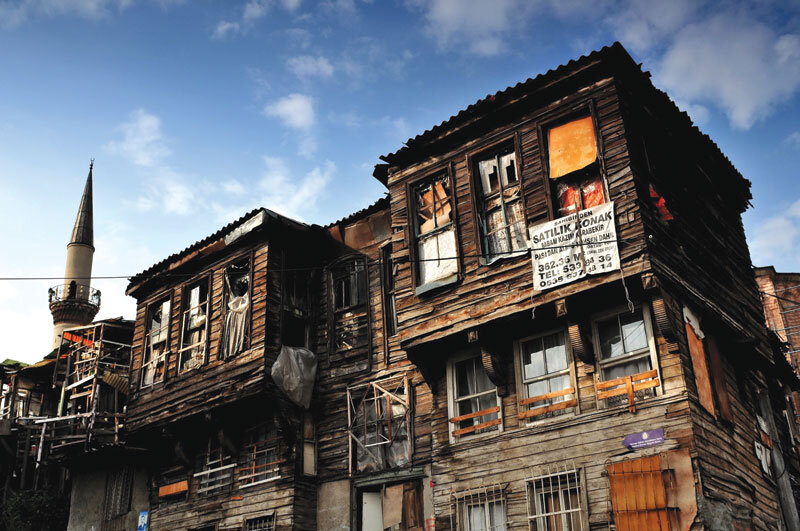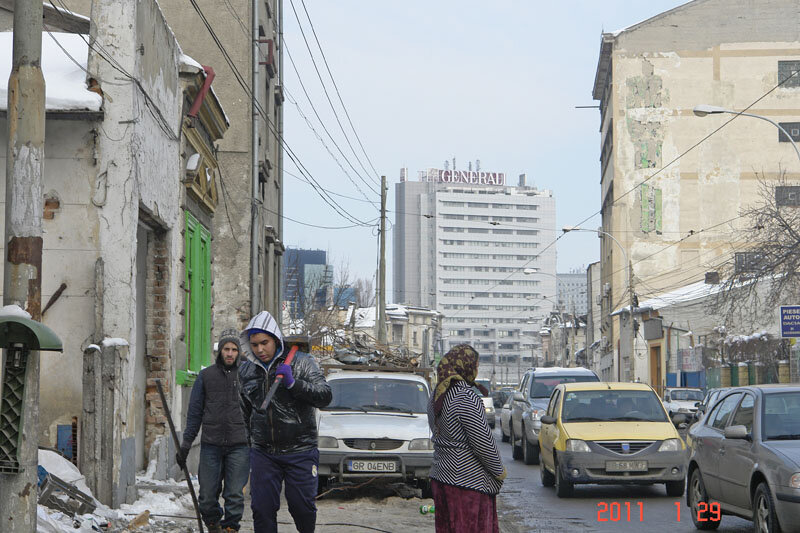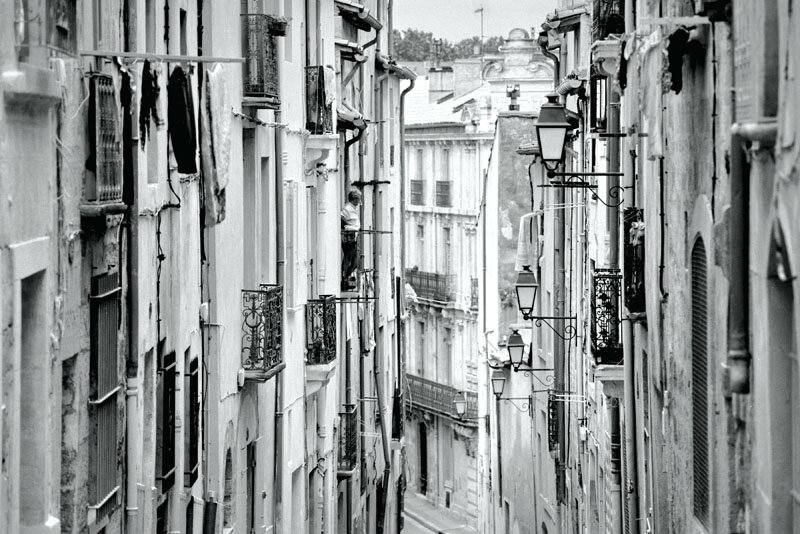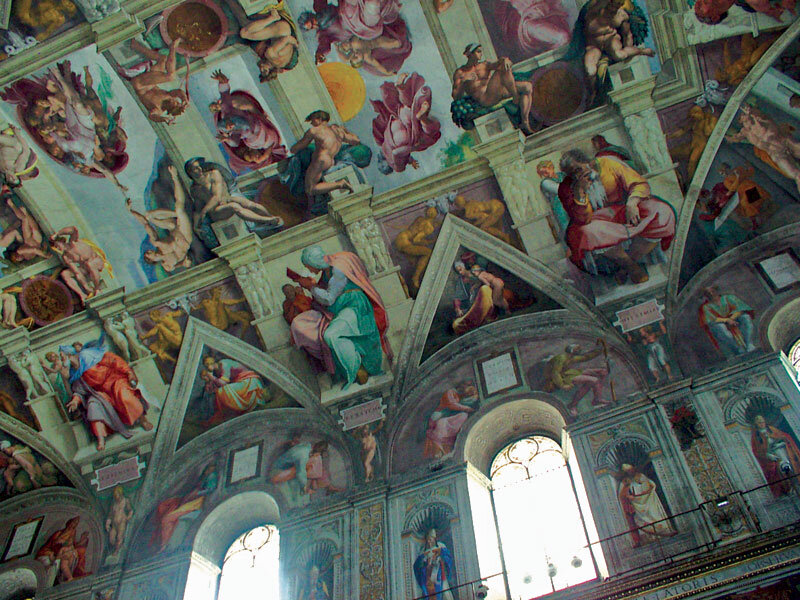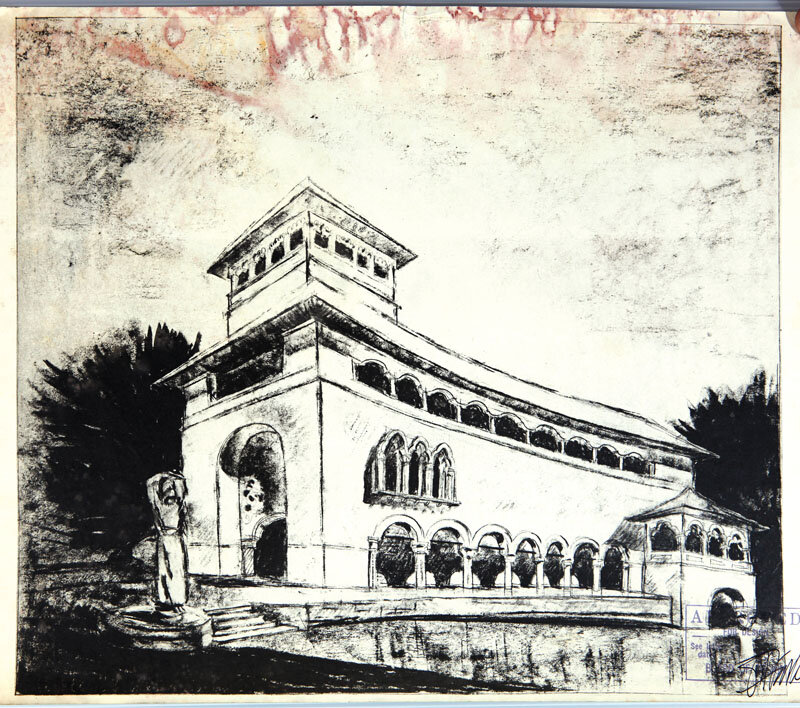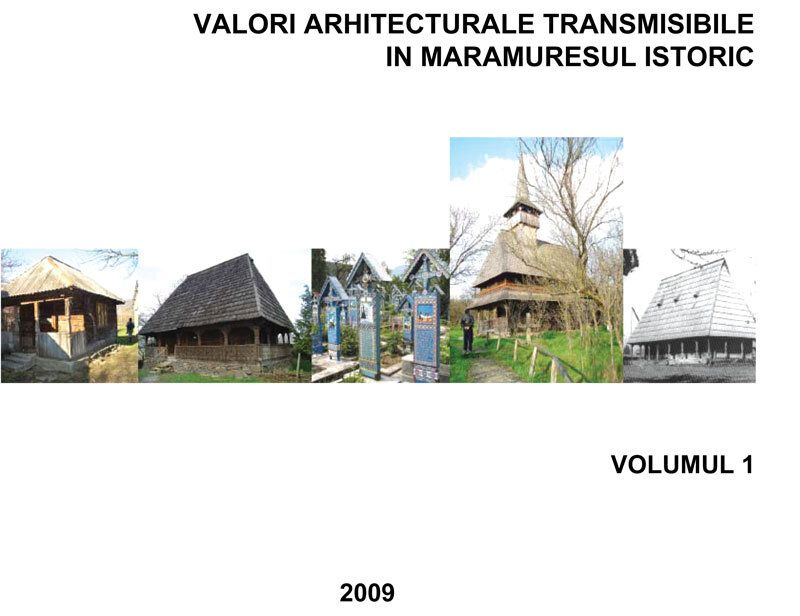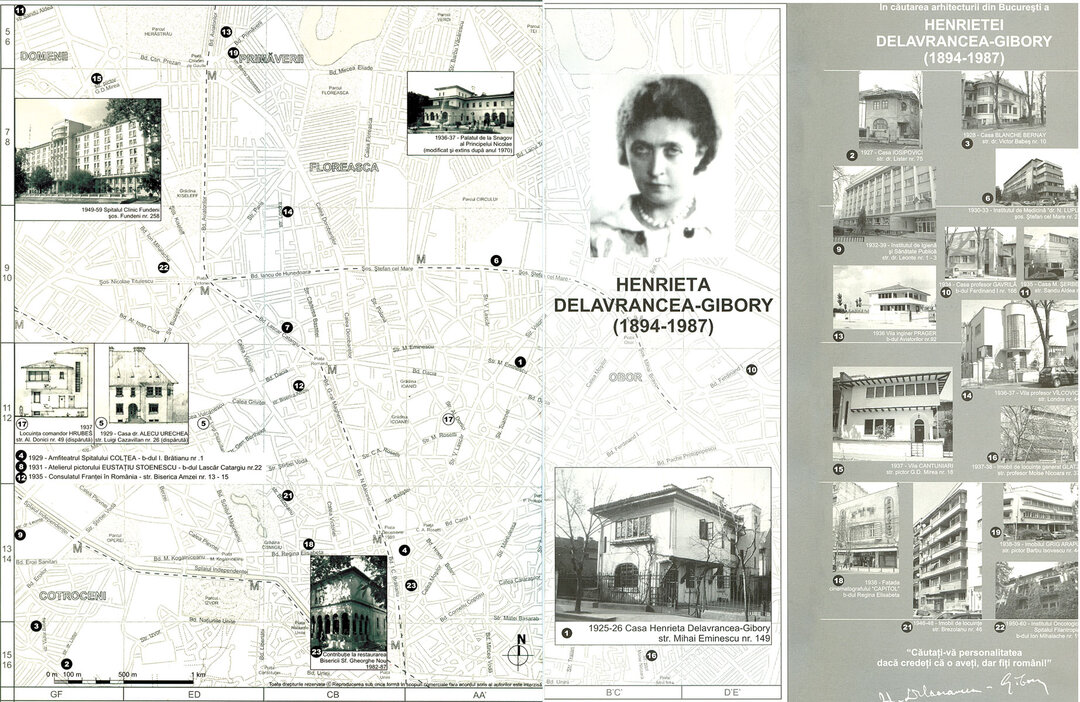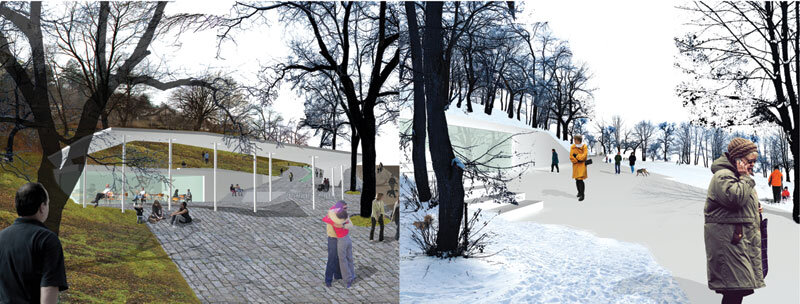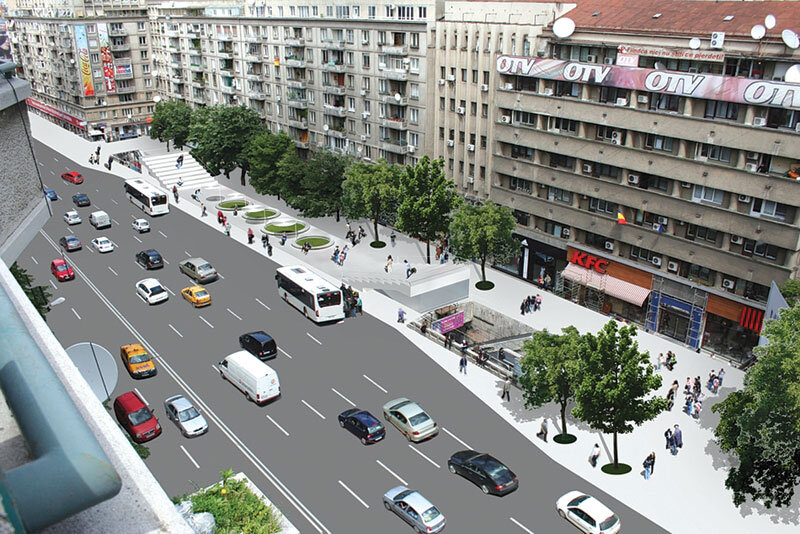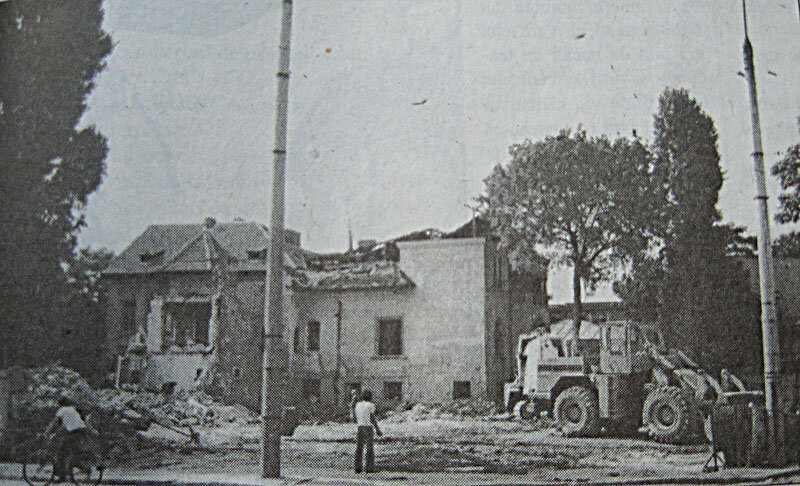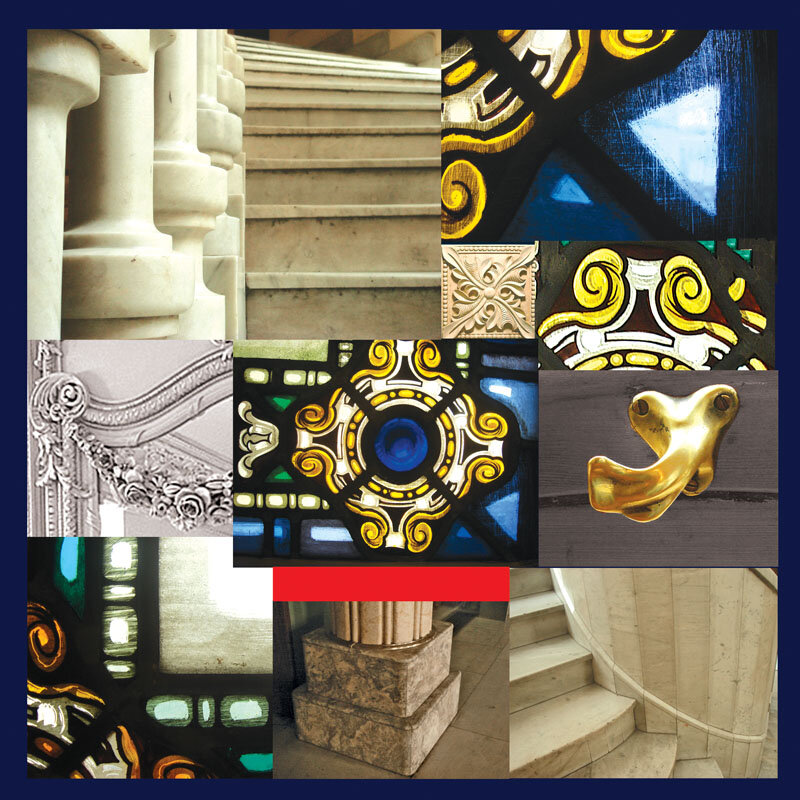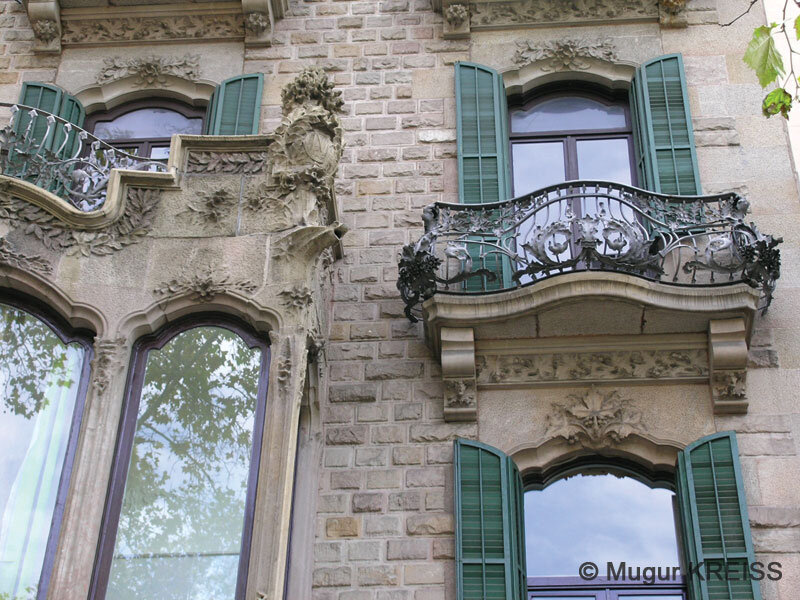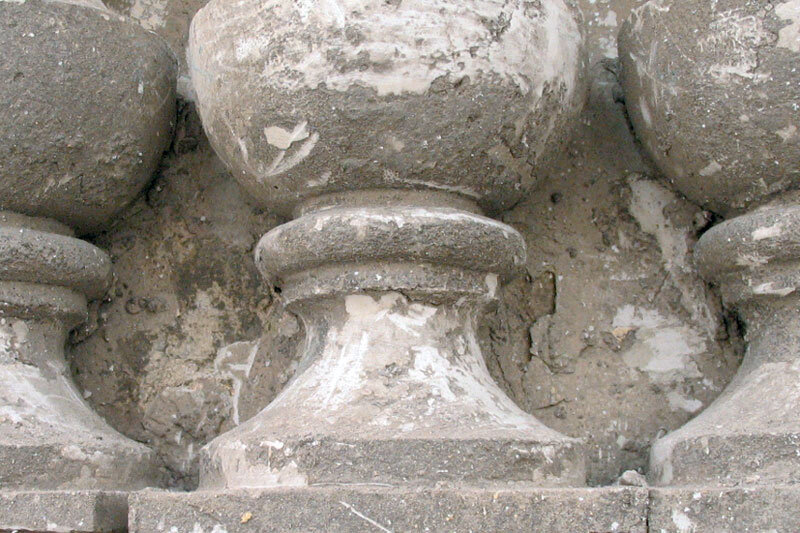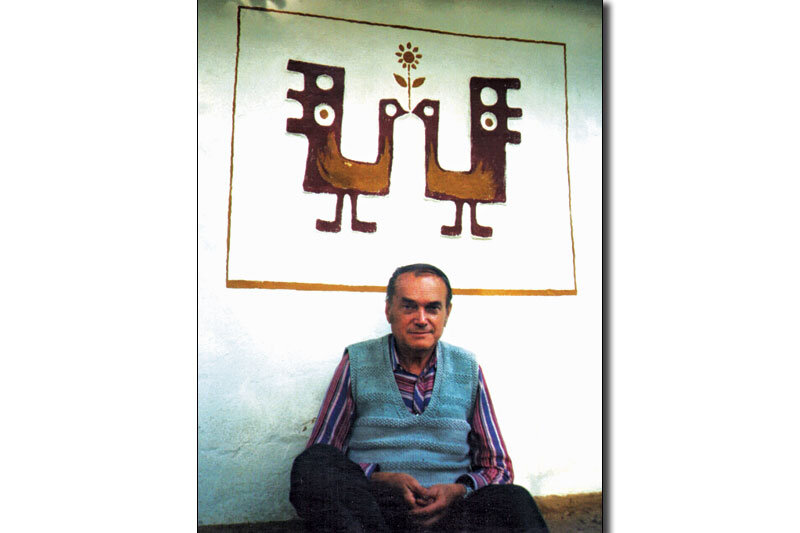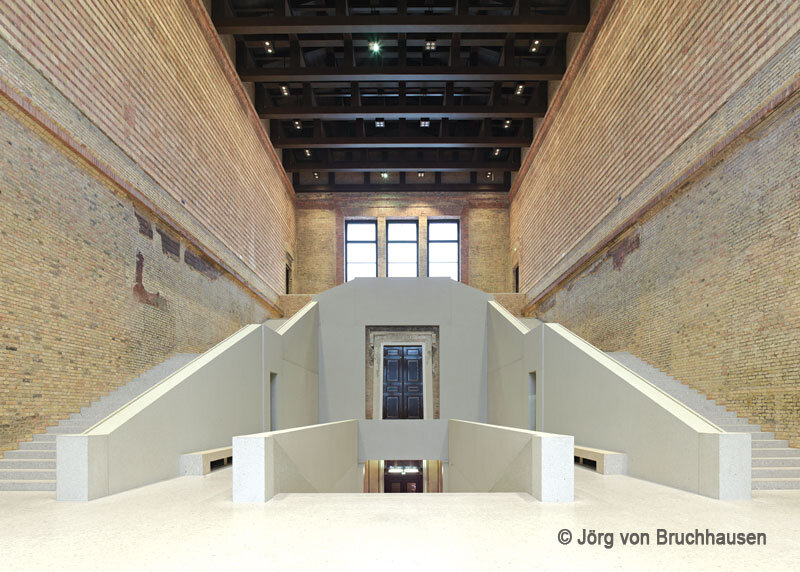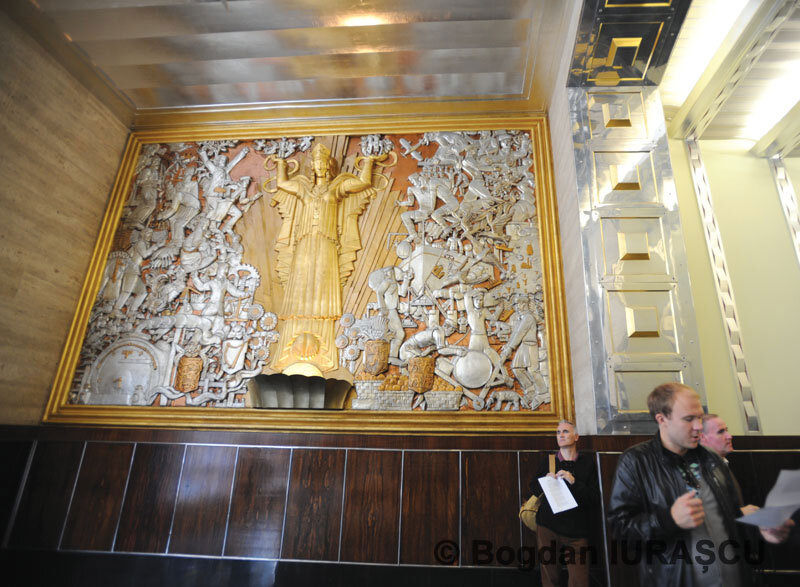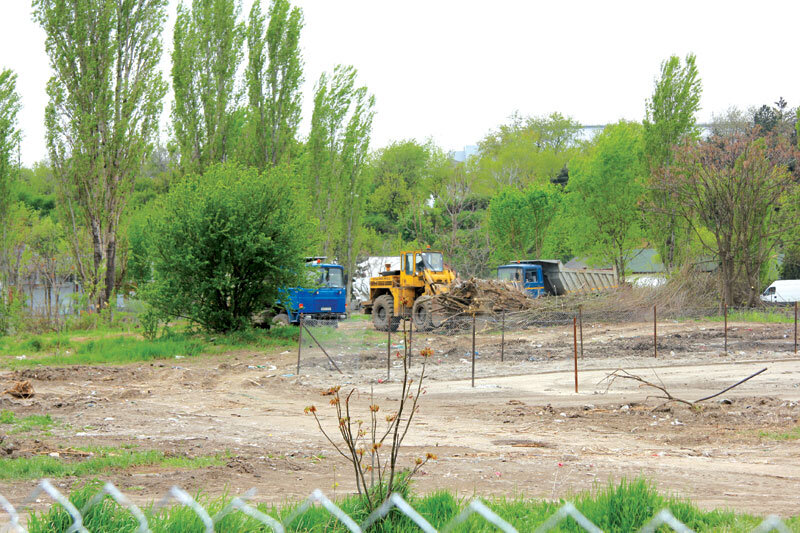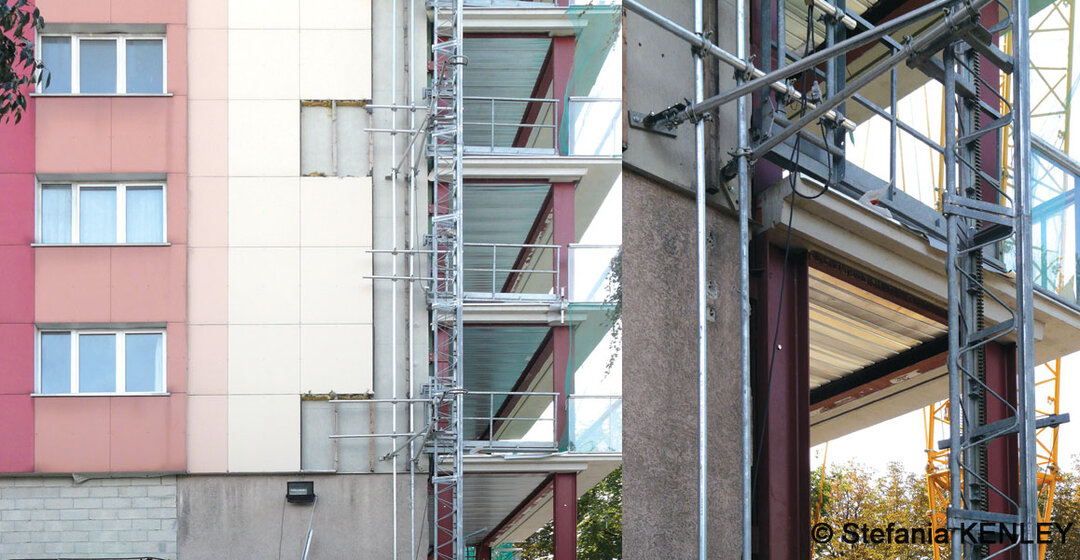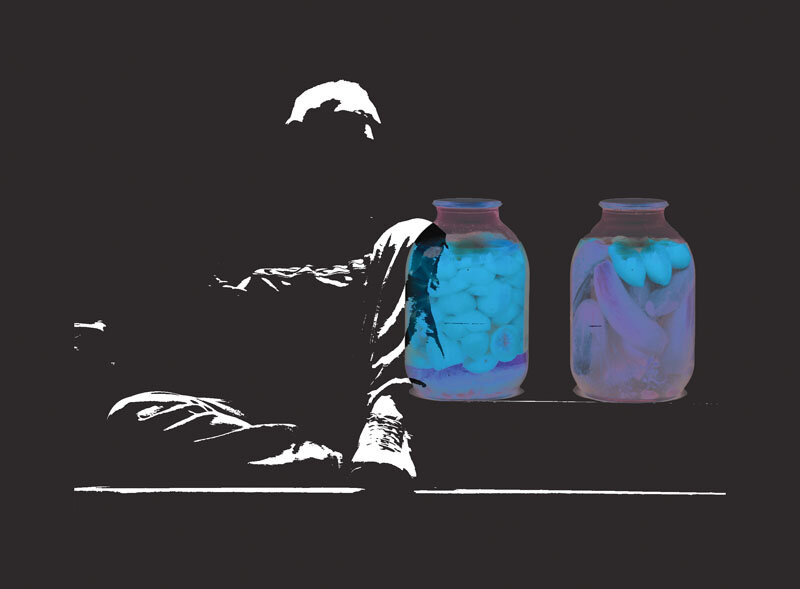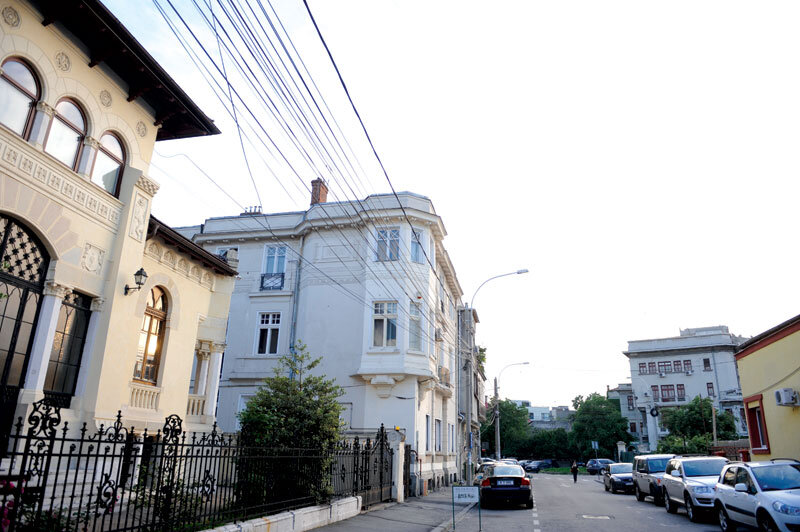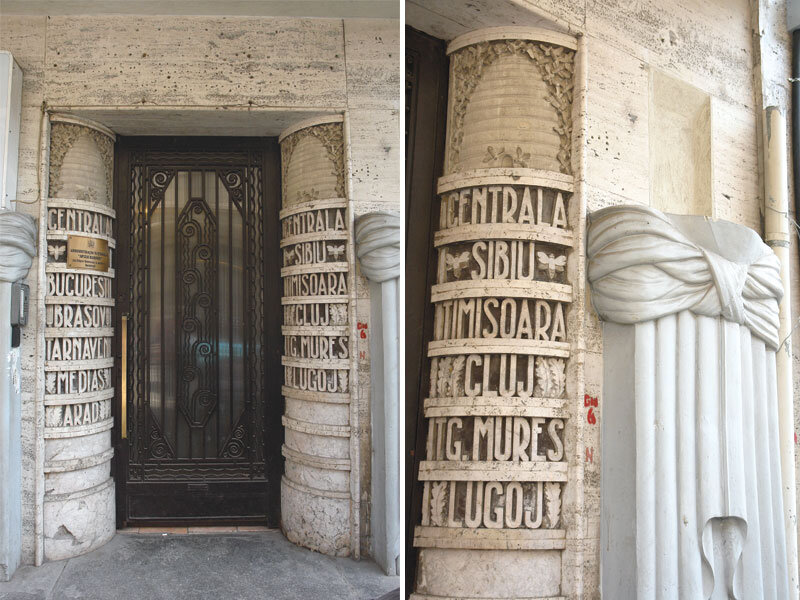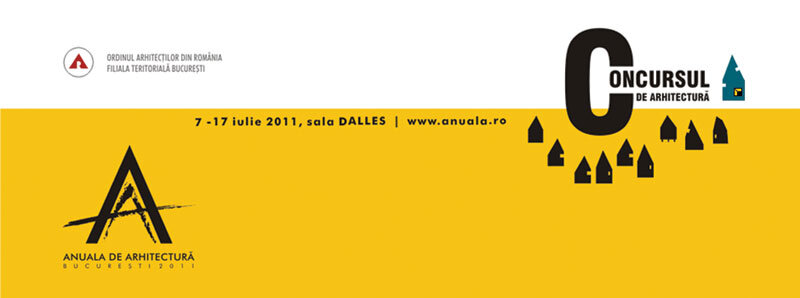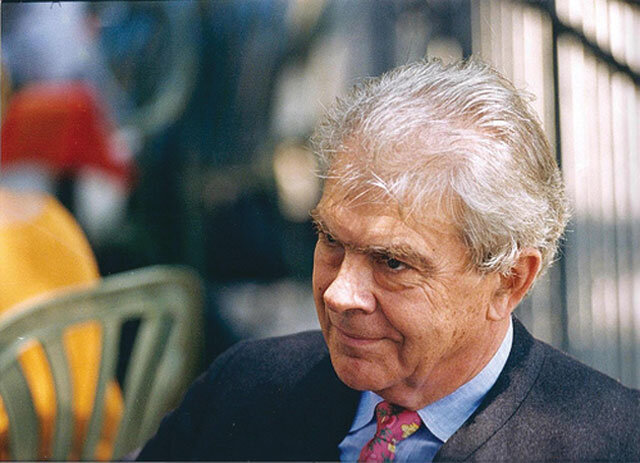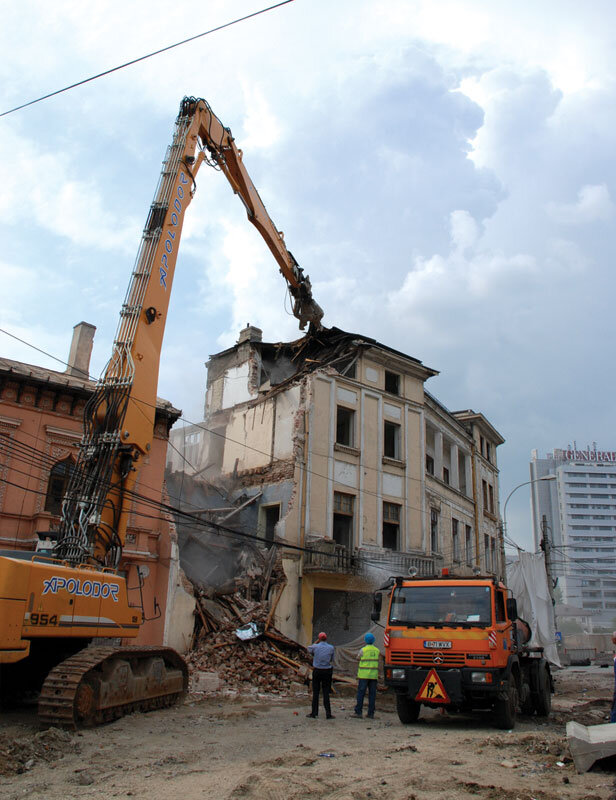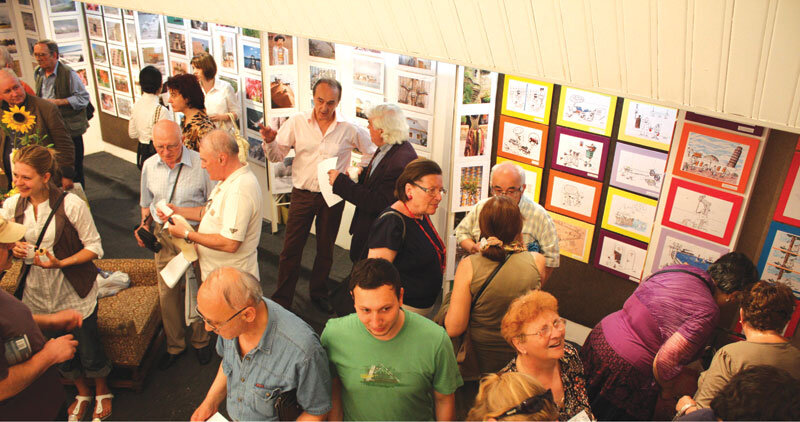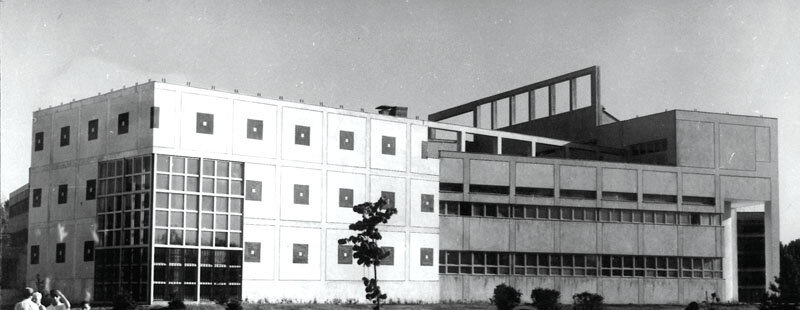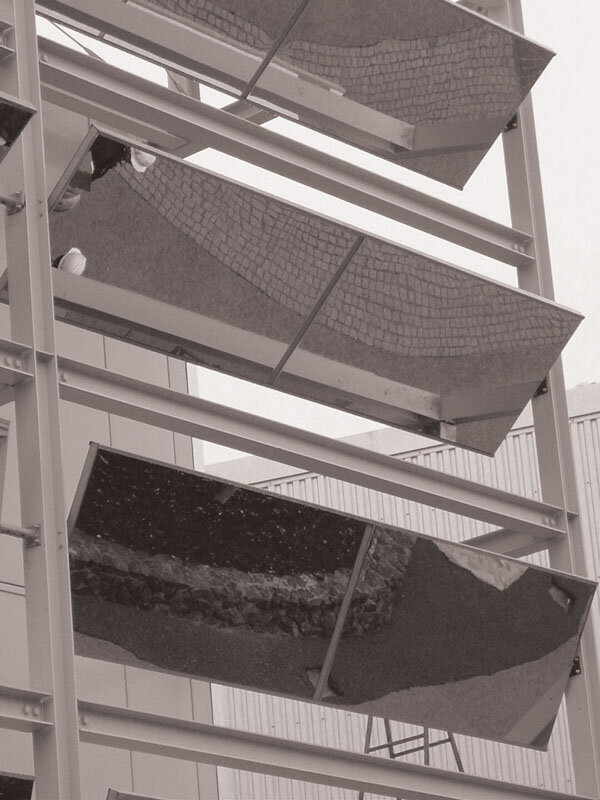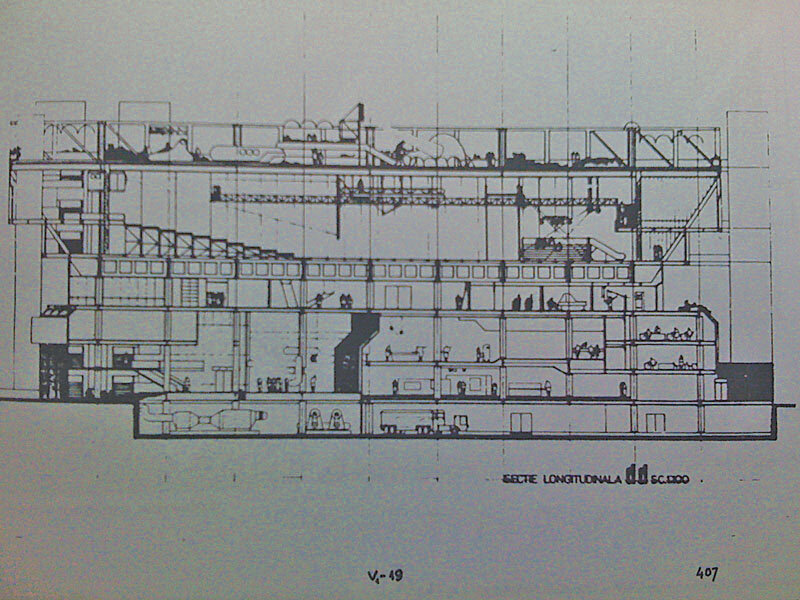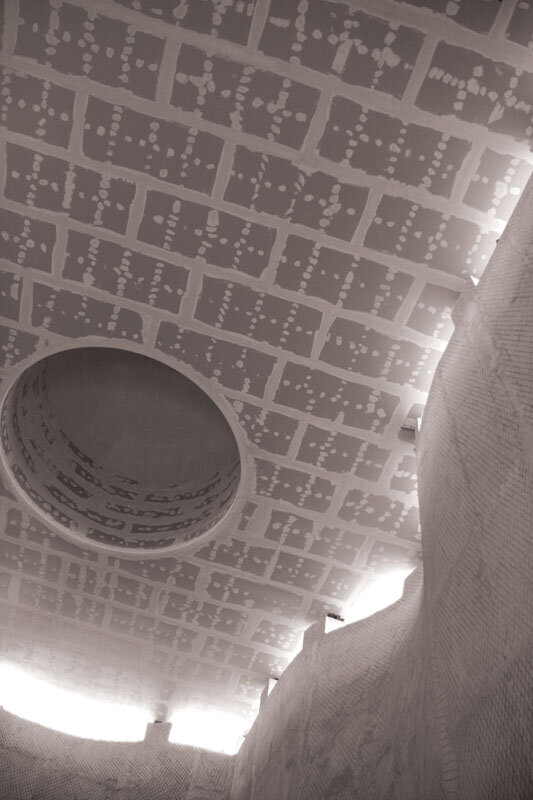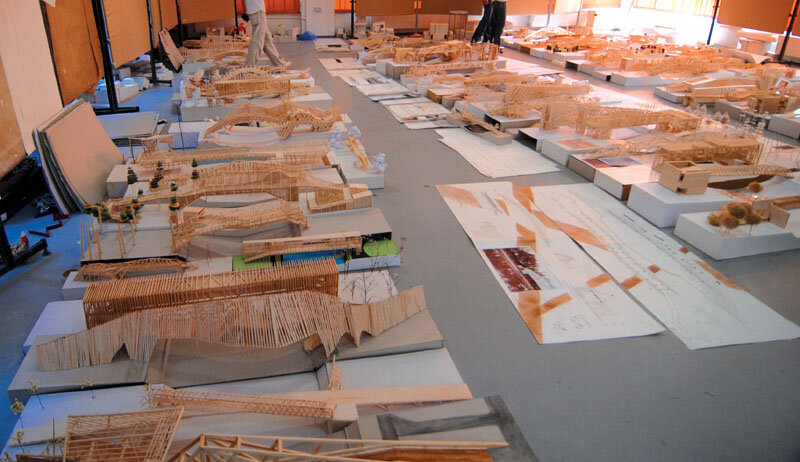
Interview with Architect Dorin Stefan
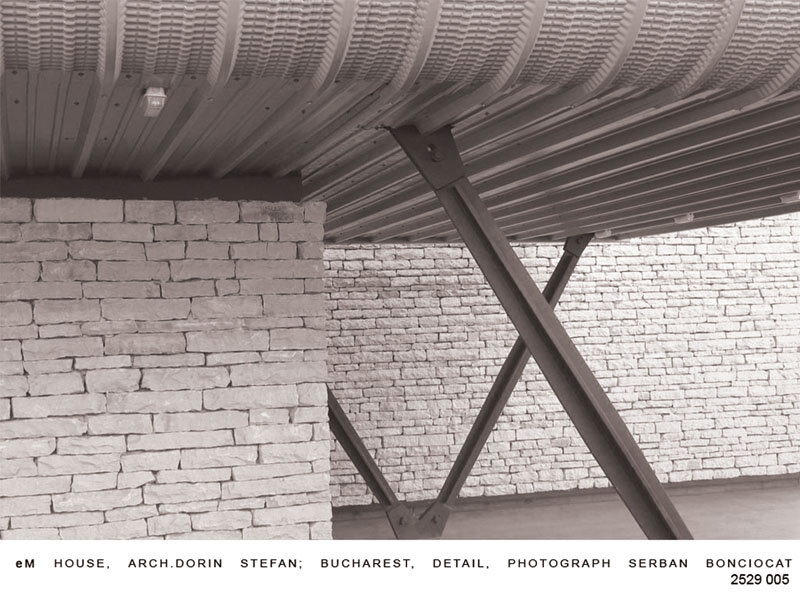
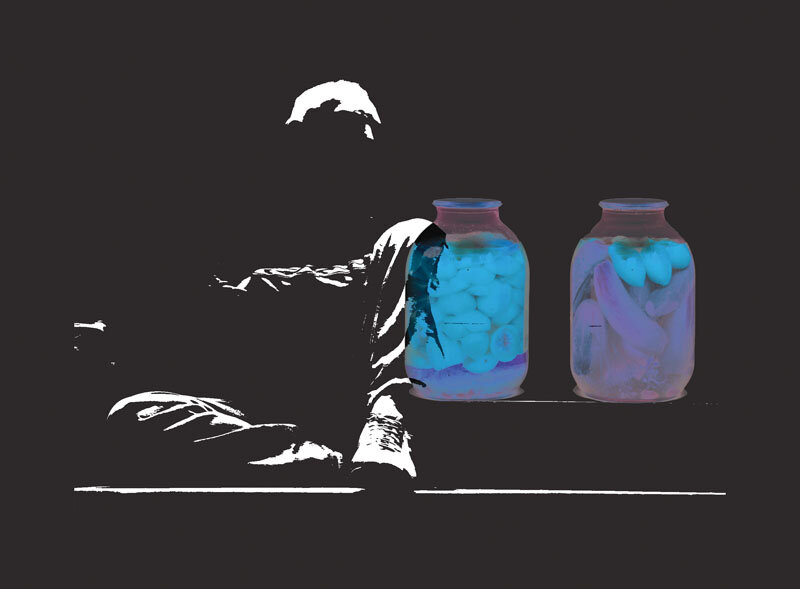
Prof. Dr. Dorin Ștefan was awarded by the Romanian Academy in 2010 with the Duiliu Marcu prize for lifetime achievement.
The interview is conducted by the reporter of Arhitectura magazine - arh. Françoise Pamfil, in Bucharest, in May 2011
Rep.: Is the prestige of the profession in decline?
D.S.: I also wondered, I used to wonder and I still wonder, what's wrong with architects and architecture? If we are to think in terms of architecture or architecture in modern life, in the context of the democratization of all aspects of life, of society, of art - both the access and the purpose of a profession - of course it is in decline. But the decline comes from a misunderstanding, because the architect and architecture represent the elitist form of the edification of the artificially constructed space, the notions of architect and architecture have become so trivialized that then of course they go into decline. If you think about the fact that the great mass of construction today is, in fact, corporate construction, surely you don't necessarily need an architect anymore; you can do it according to all sorts of plans that exist on websites or all sorts of digital plans that exist in the archives of corporations that develop such programs. The speed of work and the hunger for built space degrades the idea of architecture, but architects and architecture should detach themselves from building. I always make this distinction between construction and architecture, considering that it is architecture that qualifies a construction into architecture; and the role of the architect is to qualify (see in the extension of the idea Jean Nouvel in dialog with Jean Baudrillard) a built space that is only utilitarian, as is the case with a construction. If we are to look at architecture from this point of view of the elitist, then it will never be in decline - to accept this never in the sense that there will probably always remain a need to qualify a space, often amorphous, inert, full of banalities.
Rep: To what extent is this need to qualify a space altered in the 21st century?
D.S.: It is not altered in its normal, elitist margin. It's altered mainly because of the democratization of life, with hundreds of faculties and thousands of architects being churned out a year. Much the same is true of political correctness, it makes a whole series of concessions to a normal categorization - basically, political correctness erases all sorts of boundaries between sensible differences, makes everything very uniform, conformist, then values start to blur. This is the response to a democratization of all the mechanisms of life taken to a kind of excess. It is also a form of decadence - the Roman empire and other empires also died of decadence. It's probably that state before a quite important transformation that will probably happen in the relationships in societies
highly developed, social, political, in the life of highly developed societies. And probably the profession of architecture will go back to that margin of 1% of stonemason builders who have become architects, and only where there is a need for that something else that architecture gives, there will be architect and architecture.
Read the full interview in issue 2 / 2011 of Architecture Magazine.

